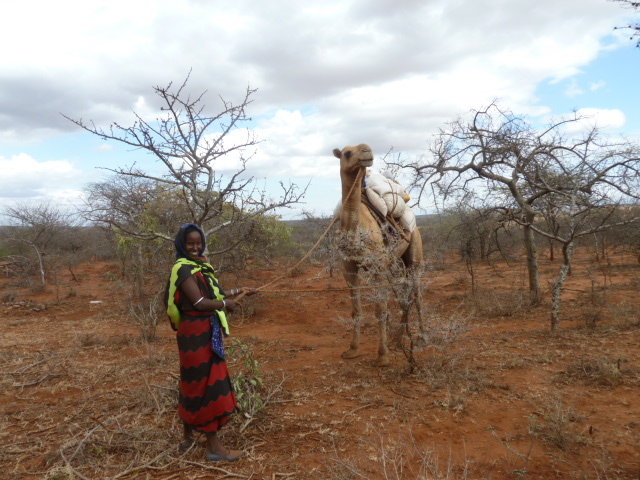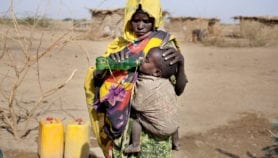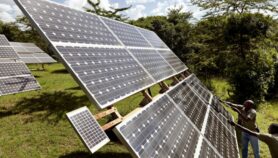Send to a friend
The details you provide on this page will not be used to send unsolicited email, and will not be sold to a 3rd party. See privacy policy.
[CAPE TOWN] A new US$10 million fund has been launched to increase climate change resilience in Africa.
The World Meteorological Organization (WMO), UN agencies and humanitarian organisations launched the Climate Services Adaptation Programme in Africa at the 19th Conference of the Parties to the United Nations Framework Convention on Climate Change in Warsaw, Poland last month (21 November).
The programme, which is funded by the Norwegian government, is to be implemented under the Global Framework for Climate Services (GFCS) from 2014 to 2016.
“We hope to improve early warning services for the benefit of authorities responsible for disaster management in the country.”
Agnes Kijazi, Tanzania Meteorological Agency
GFCS, an intergovernmental partnership, helps governments, agencies and researchers to share data and services to strengthen climate adaptation.
Wayne Elliot, WMO senior programme manager, says stakeholders will jointly develop the programme’s services, starting with an audit of current activities that need strengthening.
“When we refer to climate services, we generally do not mean weather services, although there are often strong links,” says Elliot.
Tanzania and Malawi have been selected as initial countries of focus.
Agnes Kijazi, director-general of Tanzania Meteorological Agency, says the fund which will be launched in Tanzania next year, will enhance the country’s capacity to produce tailor-made products for agriculture and health.
“We hope to improve early warning services for the benefit of authorities responsible for disaster management in the country,” she says.
Elliot says the programme represents a new approach that brings together seven agencies for the first time to deliver climate services.
The partners include the WMO, the World Health Organisation (WHO), the Centre for International Climate and Environmental Research in Oslo, Norway, the World Food Programme (WFP) and the Consultative Group on International Agricultural Research.
The focus on a few countries was deliberate to ensure sufficient concentration of efforts to deliver clear impacts, says Elliot. The presence of international agencies in the two countries running existing climate services such as food security, nutrition and health also provided the new programme with the goodwill to build on.
Ethiopia will benefit from the programme on a smaller scale, mainly through work by the WFP, says Elliot. He adds that with more funding the programme could be expanded in future to cover more countries in Africa and other developing regions.
Joanes Atela, a doctoral climate change researcher at the UK-based University of Leeds, says donor funding that targets peasantry-driven policies such as giving input subsidies to smallholder farmers could spur positive adaptation to climate change. “It’s not useful just to transfer ‘external’ technological solutions to farmers and claim to be changing farmers’ livelihoods,” he tells SciDev.Net.
There is a need to consult farmers in prescribing adaptation solutions and address pre-conditions for sustainable agricultural practices such as water access and gender balancing in ownership of and access to production factors, he adds.
Atela explains that involving farmers in the process could empower them to initiate their own sustainable ways and opportunities of adapting to climate change.
This article has been produced by SciDev.Net's Sub-Saharan Africa desk.














